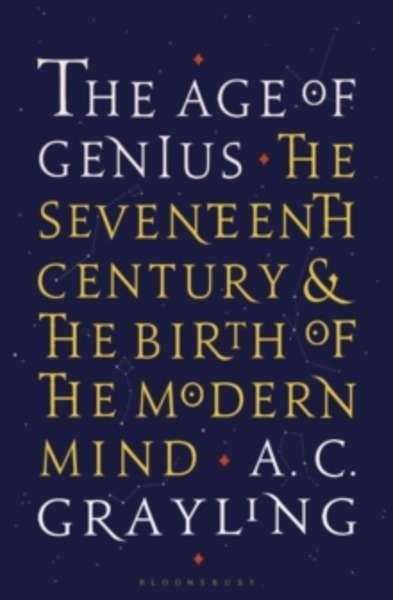The Age of Genius
The Seventeenth Century and the Birth of the Modern Mind

Editorial Bloomsbury Publishing PLC
Fecha de edición febrero 2017 · Edición nº 1
Idioma inglés
EAN 9781408870020
368 páginas
Libro
encuadernado en tapa blanda
Resumen del libro
What happened to the European mind between 1605, when an audience watching Macbeth at the Globe might believe that regicide was such an aberration of the natural order that ghosts could burst from the ground, and 1649, when a large crowd, perhaps including some who had seen Macbeth forty-four years earlier, could stand and watch the execution of a king? Or consider the difference between a magus casting a star chart and the day in 1639, when Jonathan Horrock and William Crabtree watched the transit of Venus across the face of the sun from their attic, successfully testing its course against Kepler's Tables of Planetary Motion, in a classic case of confirming a scientific theory by empirical testing. In this turbulent period, science moved from the alchemy and astrology of John Dee to the painstaking observation and astronomy of Galileo, from the classicism of Aristotle, still favoured by the Church, to the evidence-based, collegiate investigation of Francis Bacon. And if the old ways still lingered and affected the new mind set - Descartes's dualism an attempt to square the new philosophy with religious belief; Newton, the man who understood gravity and the laws of motion, still fascinated to the end of his life by alchemy - by the end of that tumultuous century 'the greatest ever change in the mental outlook of humanity' had irrevocably taken place.
Biografía del autor
Anthony C. Grayling es profesor de filosofía en Birkbeck College, Universidad de Londres. Filósofo comprometido y comunicador excelente, Grayling, escribe regularmente en The Guardian, Literary Review, Financial Times, The Economist, The Times Literary Supplement, The Independent y New Statesman.Ha sido secretario honorario de la principal Asociaciónfilosófica británica, The Aristotelian Society. Es miembro de la Royal Society of Literature y de la Royal Society of Arts. Entre sus libros podemos destacar Among Dead Cities, The Choice of Hercules, Against All Gods, and Truth, Meaning and Realism.







